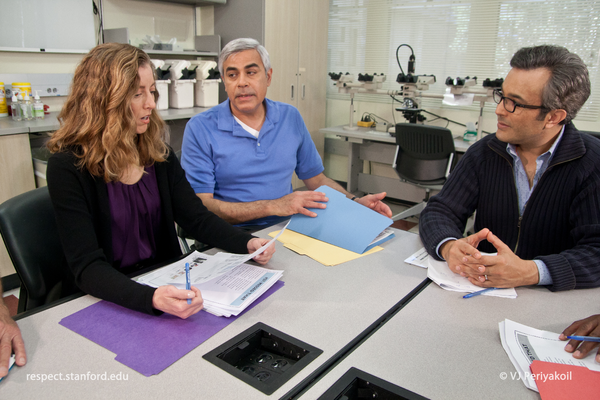Should men stop complimenting women on their appearance?
- KEY POINTS
- Was that a compliment?
- Restrict compliments to positive comments on skills or contributions to advancement of work
- A good rule of thumb: words that are appropriate to either a man or a woman.
In the workplace, no one is really interested in your personal accomplishments, your sexual conquests, or how many marathons you have run on six continents.
The focus should be the contribution you make to the success of the organization.
If a man says your hair looks really nice, why is that relevant? It’s not work-related and might make a woman feel like her hair never looked nice the last few days, weeks, or even months. Or she may feel like there is some other motive behind it.
Often, women find compliments from women sincere when they are positive comments. However, when men compliment them, they have to pause and think about what was just delivered to them. Often a well-intended compliment from a man, isn’t really taken that way by the recipient.
Karen was on her first sales call with a senior purchasing manager of a large industrial Fortune 500 company. It took her months to get this meeting set up and, after waiting 30 minutes in the lobby, John had her escorted into his massive office by his administrative assistant.
Bad Compliments at Work
As she took her seat in front of his desk, he said, “Wow, you don’t look anything like I thought you would look.” Not knowing exactly what to say, Karen hesitated. He quickly added, “Most women with great telephone voices, are fat.” She assumed he thought that was a compliment as she was thin and a runner. She decided not to reply and just get on with the reason for the meeting.
Why do women have to endure such uncomfortable situations? Sometimes the best way of handling awkward comments is to ignore them. However, Karen could have said, “Why John, thank you for that very nice compliment. But if I was fat in your eyes, would that change the outcome of today’s meeting?” It would have put him in his place and let him know it was a dumb and inappropriate thing to say.

A successful retired business owner, well into his 90s, confessed that he used to tell his office “girls” what nice breasts they had. He believed it was a compliment that every woman wanted to hear.
He went on to tell a story of greeting some (male) customers in the lobby to give them a tour of his manufacturing operation. And he introduced the men to his receptionist, commenting on what an attractive body she had. She stood up from her desk and firmly snapped back, “Don’t you ever do that again.” To that, he commented, “She’s a feisty little thing,” and proceeded with his tour.
Bad Compliments at Work
Confession may be good for the soul, but his actions were nevertheless horrendous. He even commented that looking back, he realized how bad that was. But how many women had he run over and left on the side of the road, angry, humiliated, and scarred? Most of them put up with this inappropriate behavior and looked the other way because they needed the job.
Here is another example of an intended compliment that was thoughtless:
Ally was a lobbyist in Washington, D.C., and out dining with a few women from work. There was an agriculture convention in town focusing on a push for a new bill to be passed in Congress. A man called from across the bar and said to Ally, “You look like a heifer.” She was very insulted and let the man know. He commented back, “A heifer is a pretty young cow.”
Ally tried to come to terms with this man meaning his remark to be a positive compliment, but still today a heifer is associated with a woman being large, unattractive, and unpleasant, according to Wiktionary.
Bad Compliments at Work
A survey by Randstad, a global HR consultancy, found that 46% of men don’t know what compliments are acceptable to give a coworker, due to a fear of them being misconstrued as sexual harassment.
In its simplest form, a compliment is meant to praise and say something good about someone. When delivered respectfully, compliments can enhance relationships at work.
In contrast, a “compliment” that is used to gain power over someone or make them feel uncomfortable, such as unwelcome teasing, lewd jokes, and words about their appearance, is not only inappropriate but is considered harassment.
What are the best types of compliments at work? The ones that focus on professionalism, achievements, talents, intelligence; things that make an employee feel valuable to the organization.
If you have doubts about whether your remark will be taken as an appropriate compliment or be interpreted as verbal or sexual harassment, just don’t say it.
Bad Compliments at Work
Appropriate: The idea you shared in yesterday’s meeting was the missing piece for the successful launch of our new product. It was brilliant!
Inappropriate: You looked incredible in the red dress you wore to our meeting yesterday. It added to the validity of your comments.
In today’s workplace, it is increasingly challenging to know which comments are acceptable and which ones are not. A good rule of thumb is that your words should be appropriate to either a man or a woman. We all want a more respectful and empowering work environment where our talents are valued and we are contributing to the success of the organization, regardless of gender.
